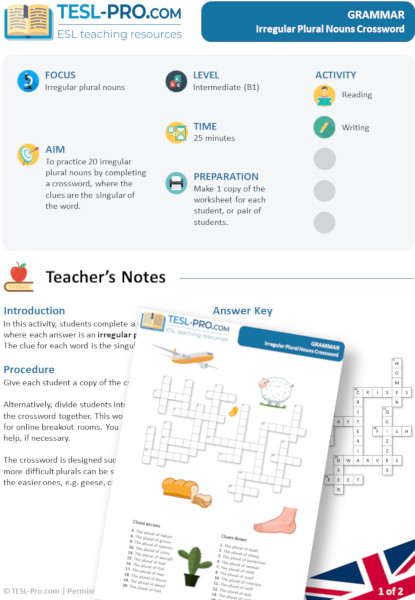Description
This is an amusing group ESL activity, where students must create first conditional questions. Then, their classmates must answer by using phrases of probability. This activity takes about 25 minutes and is ideal for intermediate level students (B1). This ESL game is also suitable for large groups; as a result, your students will get to know each other rather well. To start with, write these phrases of probability on the board:
- I’m absolutely sure that…
- It’s definite that…
- I’m positive that…
- I’m convinced that…
- I have no doubt that…
- It’s possible that
- It’s likely that…
- I don’t think that…
- It’s probable that…
- I doubt that…
- It’s unlikely that…
- It’s not very likely that…
- I’d be very surprised if…
- I seriously doubt that…
- It’s extremely unlikely that…
- It’s impossible that…
Divide students into groups of 3 to 5, giving each group a set of the ‘If you’ cards. Students shuffle the cards, placing them face down on the table. They then take it in turns to pick up a card and ask the next person a first conditional question based on the clause on their card. Should the student pick an ‘If you…’ card, they must create their own first conditional question.
Then, If the question is grammatically correct, the student is awarded one point. The other student must then answer the question using a phrase of probability from the board. If their answer is grammatically correct, award the student one point. Additionally, you can award a bonus point if the student uses a unique phrase of probability not on the board.
It is then the next student’s turn to pick up a card. Finally, the student with the most points at the end of the game is the winner.





